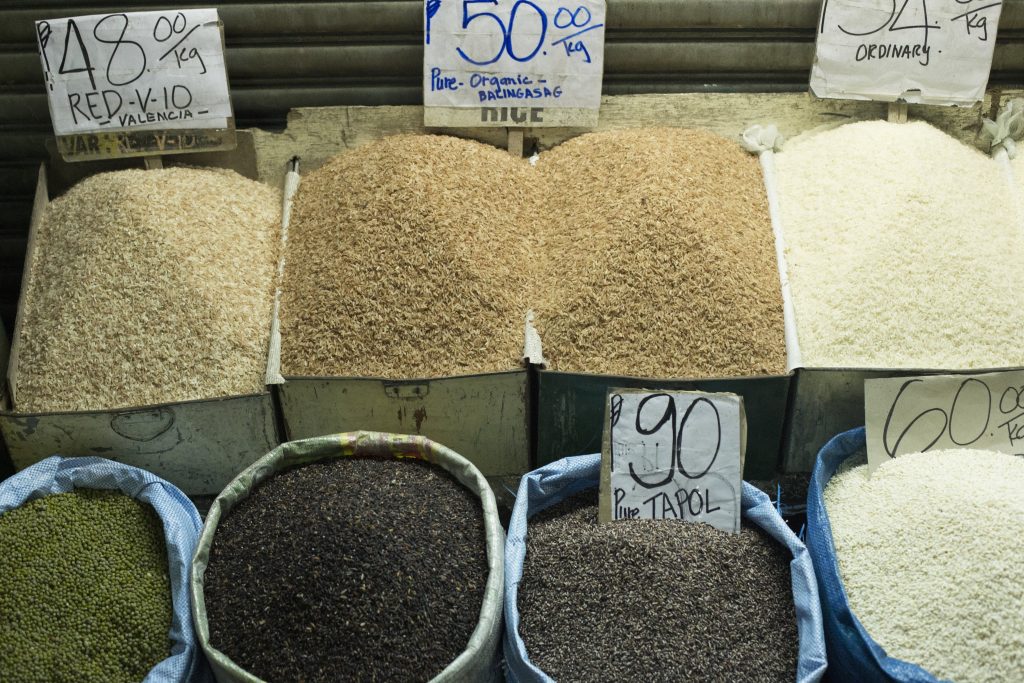
Truthful labelling of local rice by retailers will remain a national concern unless stringent policies and standards are strengthened and fully enforced.
In the November 2020 celebration of the National Rice Awareness Month (NRAM), Alice B. Mataia, Policy Research and Advocacy Project lead of the DA-PhilRice, underscored the importance of labelling to maintain locally produced rice’s standards of quality, safety, identity, and origin.
As the local food system is under pressure because of rising population and growing sophistication of Filipinos in rice consumption, such a step will help consumers to distinguish local rice from imports and reinforce their perceptions that they are selecting and buying safe and quality rice from a shorter supply chain.
The passage of the Rice Tariffication Law, however, greatly reduced the role of the National Food Authority in pursuing national grains standards. The Philippine National Standards now implements the Grains Grading and Classification of Paddy and Milled Rice developed by the Bureau of Agriculture and Fisheries Standards.
In this era of e-commerce, the importance of truthful labelling of rice boxes and price tags indicating milling classification and source is instrumental in promoting and marketing unpacked rice to support local farmers.
Mataia encouraged local government units to enforce proper and truthful labelling in rice for consumers’ protection through ordinance or resolution to help them exercise their right of choice. NRAM 2020 with its theme, “Grow local, Buy local, Eat local: Support our Rice farmers,” featured a series of webinars for policy makers, stakeholders, and farmers, while other government institutions, departments, and agencies conducted their own activities during the celebration.




